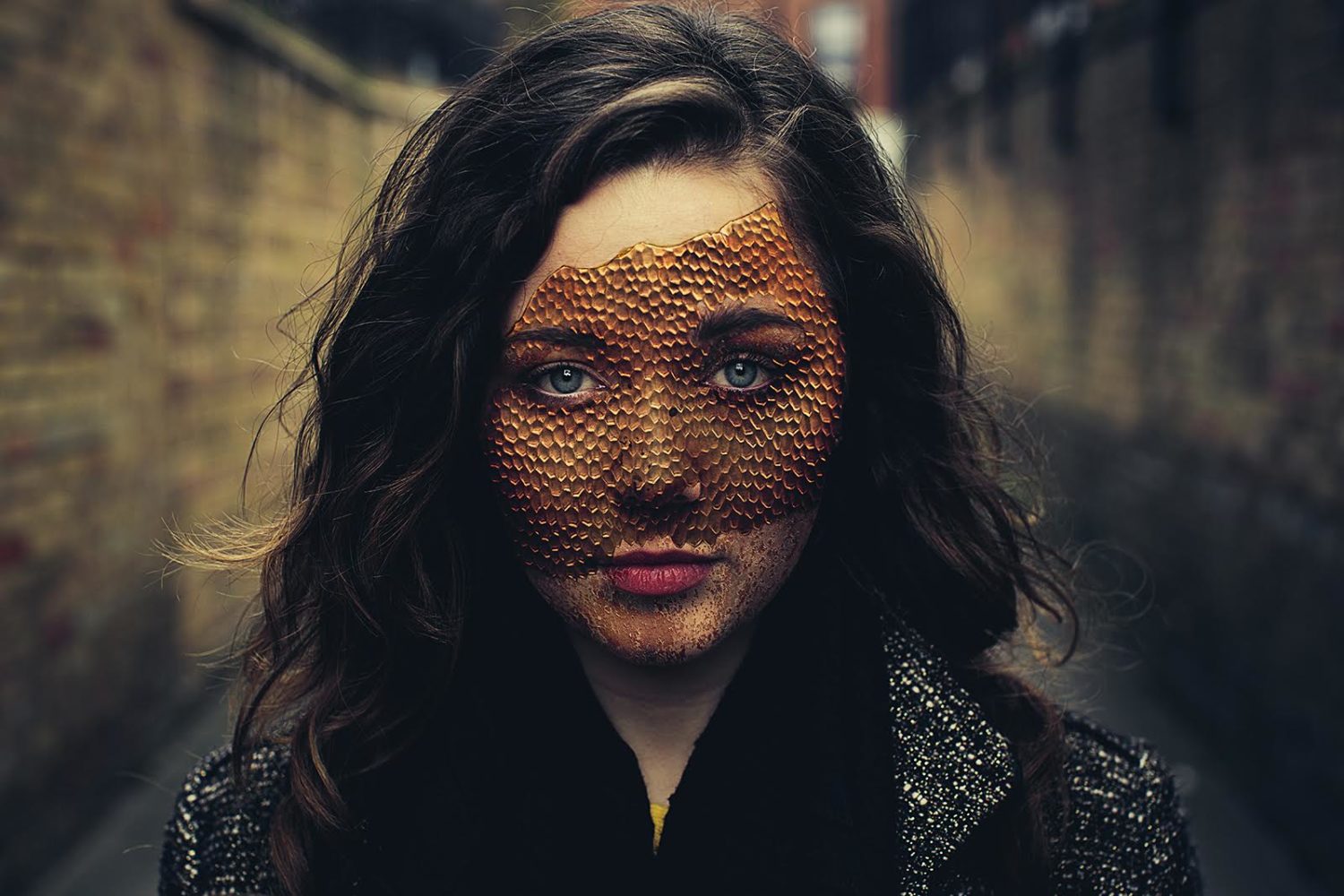When we think about social media today, the phrase “picture perfect” often comes to mind. But, how often are these so-called perfect images a true reflection of reality? Let’s take a recent example where LSU gymnast and social media star Livvy Dunne was accused of photoshopping her pictures on Instagram. A tale as old as social media itself, but why does it keep happening?
The Pursuit of Perfection: Underlying Motives
Why might a woman feel the need to photoshop pictures? Direct your gaze to society’s timeless obsession with ‘perfection.’ Let’s be real, the digital age has only amplified this obsession, allowing us to tweak, tune, and transform ourselves into polished versions of our actual selves.
The Invisible Impact: Understanding its Effects on Young Women
Delve deeper, and startling revelation surfaces – Photoshopped images don’t just alter the image. They also drastically reshape the mental well-being of impressionable young women. But how?
“The constant absorption of such altered images can lead to unrealistic expectations and extreme self-consciousness”, says Dr. Jane Adams, a psychologist and body image expert.
The Battlefield Far Beyond the Screen
Striving to measure up to a bar that is constantly being raised by fabricated images can be a crushing experience for many young women. And, the repercussions of this can go far beyond the screen, infiltrating their everyday lives.
Frequently Asked Questions
Why do people photoshop their pictures on social media?
People photoshop their pictures primarily to adhere to societal standards of beauty, which is often perceived as an optimal way to gain attention, acceptance, and validation on social media.
What are the potential harmful effects of photoshopping images?
Besides creating unrealistic beauty standards, photoshopping images can perpetuate insecurities, body dissatisfaction, and may even contribute to mental health issues like anxiety and depression.
Let’s Ask Ourselves: Is it Worth the Façade?
As the line between real and unreal blurs on social media platforms, perhaps it’s high time we start questioning – Is this endless quest for digital perfection worth the potential harm? Are the likes and the follows worth the self-doubt and self-scrutiny it instigates?
Reality Check: Embracing Authenticity Could Be Our Best Bet
What if, instead of adhering to an unattainable standard of beauty, we embraced authenticity? Remember, our worth is not measured in likes, shares, or comments. It lies in our individuality and our ability to remain true to ourselves, even in a digital world that often glamorizes flawlessness.


